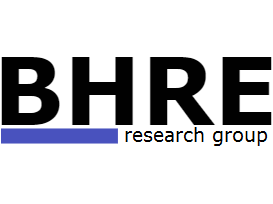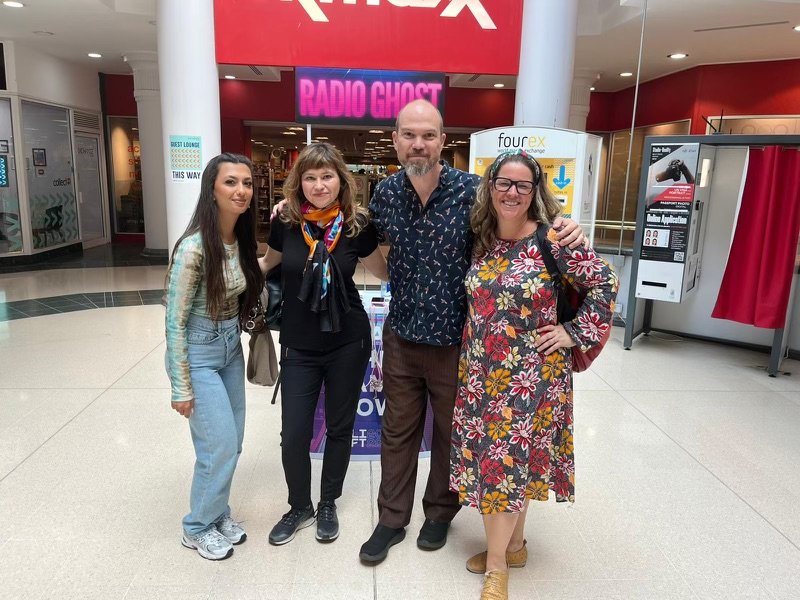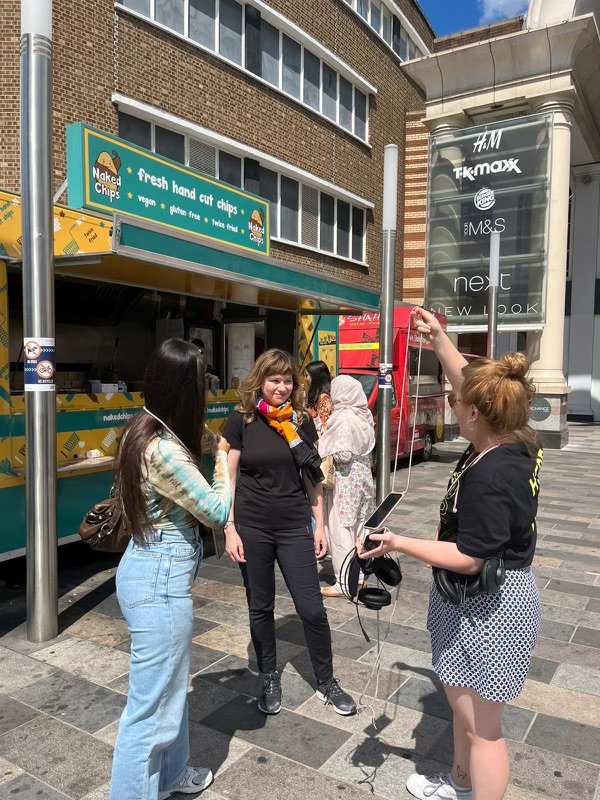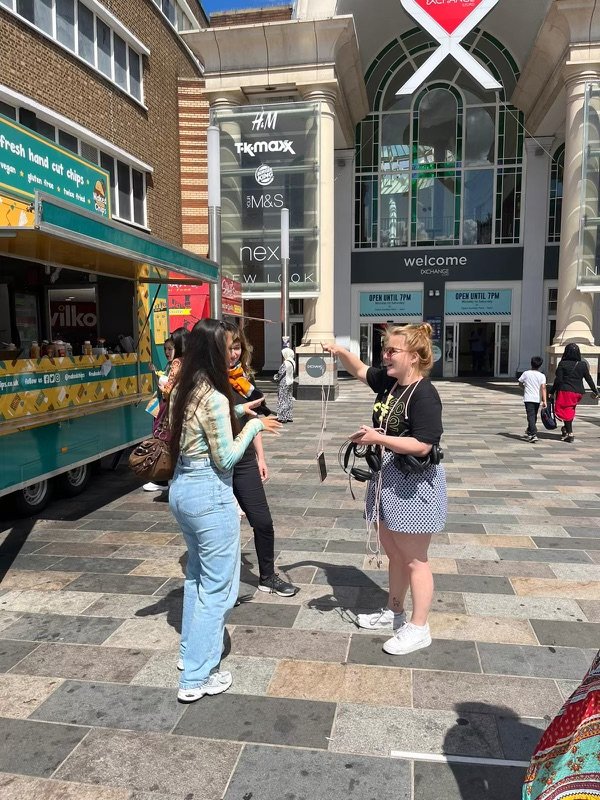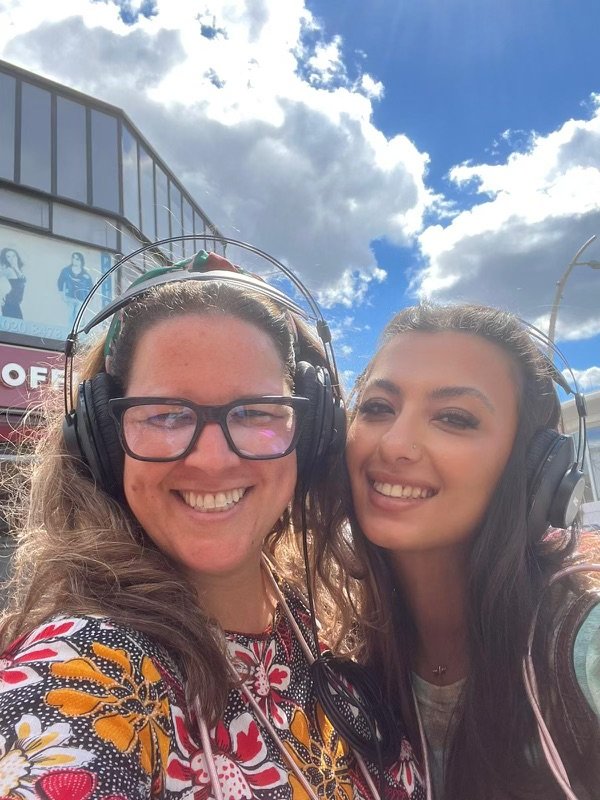NEW- Local Authorities' reporting under the Modern Slavery Act
/Olga Martin-Ortega and Anna Gorna, UK Modern Slavery Act Transparency in Supply Chains: Reporting by Local Authorities, BHRE Research Series. Report No. 5, October 2022.
We have produced a new report analysing Local Authorities Moder Slavery Statements. In this latest report in the BHRE Research Series, Anna Gorna and Olga Martin-Ortega analyse the progress in transparency reporting by local authorities under the UK Modern Slavery Act (2015) (MSA). As in our previous reports, we provide in depth qualitative analysis of modern slavery reporting by public bodies on their efforts to combat modern slavery and human trafficking in their supply chains since the MSA Transparency in Supply Chains Provision (TISC) (Section 54), entered into force on 29th October 2015. This research report covers the Modern Slavery Act (MSA) reporting periods for the financial years 2020/2021 and 2021/2022. During this period, local authorities had to simultaneously cope with the Covid-19 pandemic and its various impacts, some of which we explore in relation to modern slavery reporting later in this report.
Our first research report on local authorities covered the reporting periods corresponding 2015/2016 and 2016/2017 financial years. The second report covered the years 2017/2018, 2018/2019 and 2019/2020. Over the years since the implementation of the modern Slavery Act 2015, a total of 178 Councils have published a modern slavery statement which remain accessible online, out of 398 in the entirety of the UK, whether individual or jointly written.
Whilst not mandated by law, a significant number of local authorities in the UK has have chosen to report under the MSA, exposing themselves to scrutiny, embarking in challenging learning processes to develop due diligence in their decision making when purchasing and contracting goods, services and works, and providing national and international leadership in sustainable and socially responsible practices. As our report shows, local authorities are becoming increasingly aware of their responsibilities and opportunities to influence working conditions in their supply chains, even if there are still important changes that need to be done in both the way they pursue their procurement and they report on their actions. This is especially urgent as the next review of the MSA will extend S.54 of the MSA to public bodies, including local authorities, with a budget threshold of £36 million or more in England and Wales.
